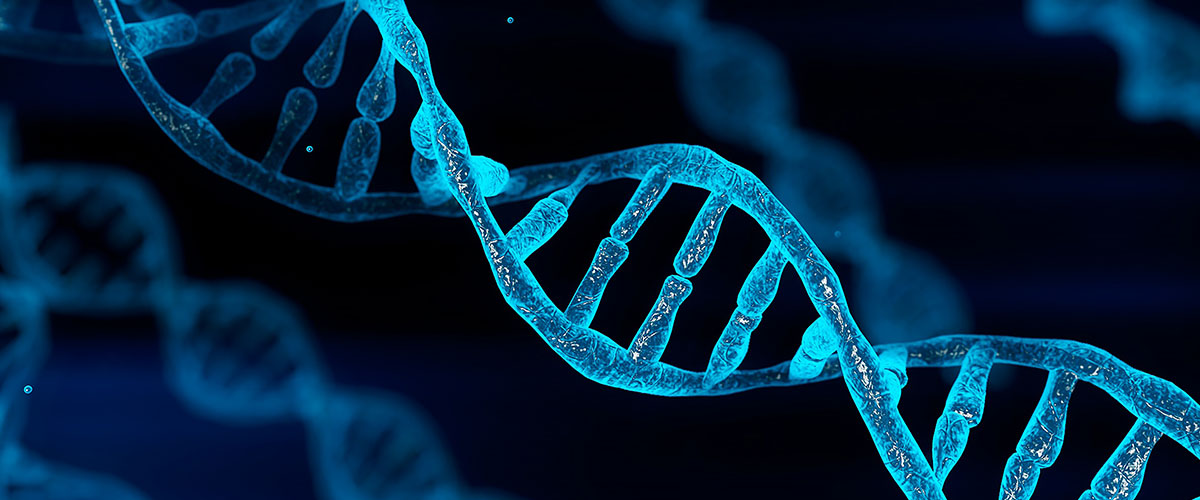)
Identification of Novel Targets in Primary and Metastatic Breast Cancers
Project Title: Identification of Novel Targets in Primary and Metastatic Breast Cancers
Project Duration: 2023-2025
MOHCCN Consortium: Atlantic Cancer Consortium (ACC)
Investigators: Marya Ahmed
Partners:
- University of Prince Edward Island
- Nova Scotia Health Authority
Aim/goals:
This project aims to identify novel biomarkers in both primary and metastatic BC tissues that have not previously been associated with Breast cancer. Aim 1) Analyze and identify the biomarkers that have high probability to appear in both primary and metastatic breast cancer by machine learning methods 2) Perform PCR and western blot on primary and metastatic breast cancer cell lines to confirm the presence of new biomarkers 3) Perform WGS, RNA sequencing and immunohistochemistry on patient samples to identify the presence of novel biomarkers.
Summary:
Breast cancer is the most commonly diagnosed cancer and is the major cause of cancer related deaths in women. Breast cancer biomarkers are of great importance and are used for detection, diagnosis, individualized treatment and as prognosis indicators. In recent years, machine learning has been widely used for biomarker discovery and among various methods developed, a predictive algorithm approach termed as Global Microarray Meta-Analysis (GAMMA) is a promising tool that uses public microarray and RNA seq data to identify potentially unexplored biomarkers in diseased tissues. In collaboration with Bioinformatics group at Oklahoma Medical Research Foundation, we have identified 10 transcripts with significantly high GAMMA scores and have not previously been explored in the context of breast cancer. The genes identified also have a high probability to occur in both primary and metastatic breast cancers. The presence and relative expression of these identified biomarkers will be confirmed in both primary and metastatic breast cancer cell lines using RT-PCR and western blot analysis. The biomarkers that show positive expression in cell lines will further be validated in breast cancer patient samples by whole genome sequencing, RNA seq data and by immunohistochemistry on formalin fixed paraffin embedded (FFPE) tissues.
